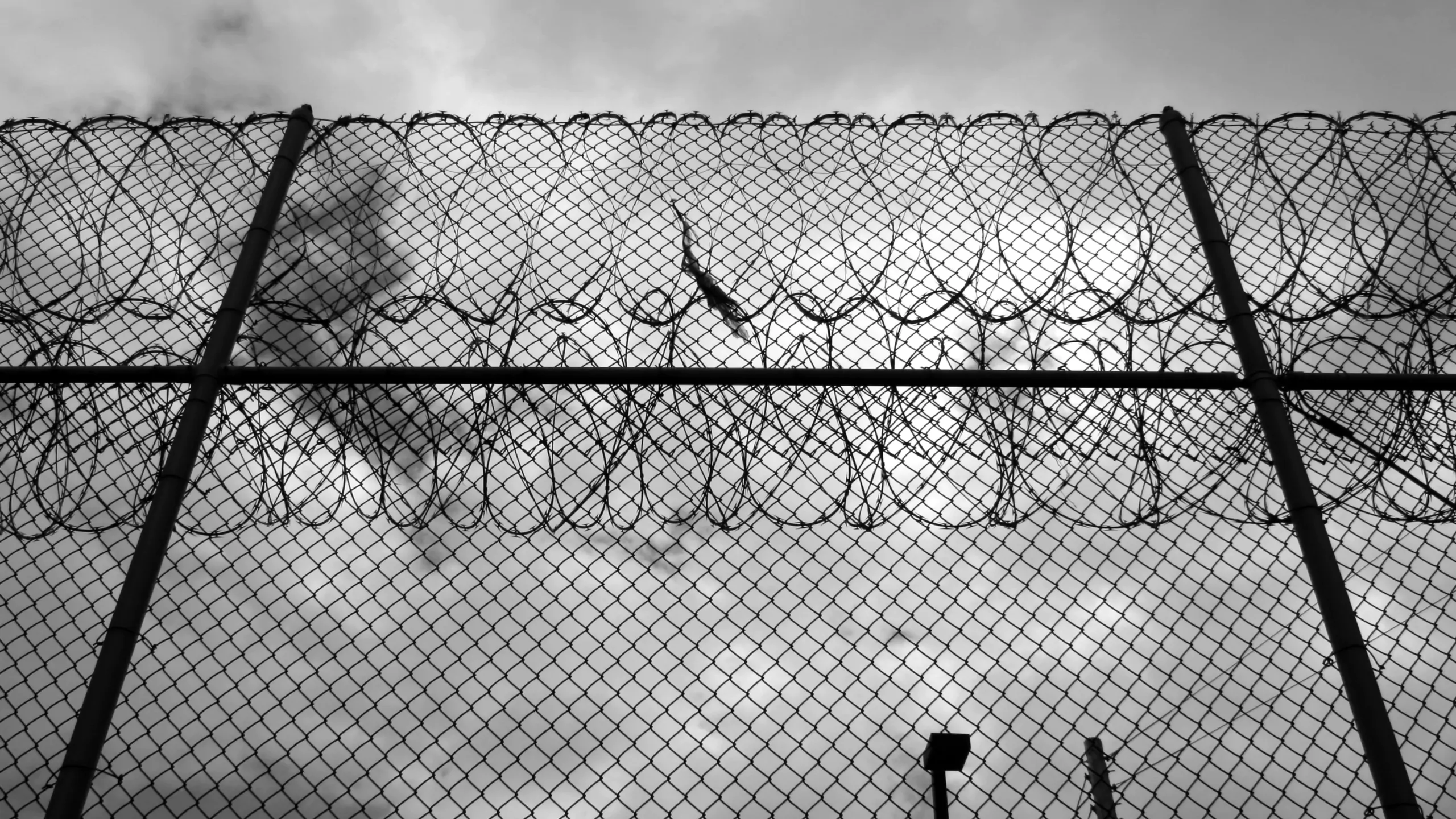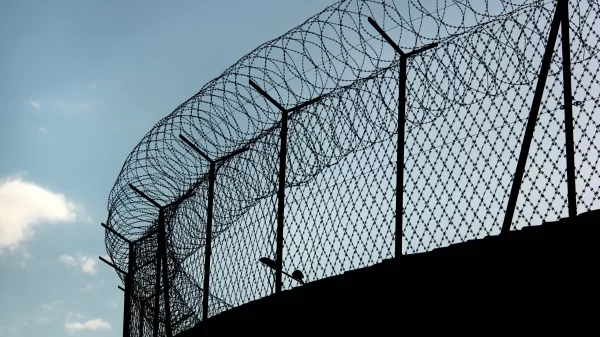|
Getting your Trinity Audio player ready...
|
This week the Alabama Legislature enjoyed a rare moment of bipartisan ease. Most bills, and certainly those addressing criminal behavior, are highly polarizing and lead to dissatisfied politicians on one side or the other. Yet on Wednesday, March 20, the House Judiciary Committee had perhaps one of its shortest deliberations of the season concerning Democrat Chris England’s House Bill 200, which was immediately issued a favorable report by tough on crime Republican Matt Simpson and will now move forward.
This bill simply adds penalties to behavior that is already illegal under a law signed by Ivey in 2021, Alabama Code § 22-19-85 (2022), which prohibits medical examiners from retaining organs during autopsies without family notification. The 2021 bill passed with zero “nay” votes. On one issue all legislators seem to agree: our government should not be able to take a person’s organs without first asking the family.
HB200 comes in the wake of a lawsuit related to Brandon Dotson’s untimely death on November 16, 2023 in an Alabama prison. Dotson‘s family filed a federal lawsuit on December 7, 2023, claiming Dotson’s heart was illegally removed from his body without proper notification or consent from next of kin.
After this lawsuit was filed, I and attorney for the Dotson family Lauren Faraino received calls from multiple families who reported their incarcerated loved one’s organs were missing when they received the body for burial. Speaking with these grieving families stirred me to push for legislation that would amend § 22-19-85 to add penalties to this already illegal behavior. Medical examiners entrusted with a solemn duty were exploiting families at their darkest moments. These professionals had decided that people in prison were disposable and usable, without any regard for the family left behind. To be clear, any medical examiner that has retained organs without alerting the family after the 2021 bill was codified has broken the law. Such callous disregard for our laws must not stand.
My organization Unheard Voices of the Concrete Jungle and attorney Lauren Faraino’s organization The Woods Foundation approached Representative Christopher England to attach real consequences to the act of unlawfully removing organs from a persons body during a forensic examination. England had met with Brandon Dotson’s mother and brother at a public hearing, had heard and seen their pain as a result of the state desecrating their loved one’s body, and was immediately supportive of our efforts.
If HB200 passes, medical examiners will be charged with a Class C felony if they failed to notify family members when they remove and retain an organ during an autopsy procedure. In Alabama, an individual convicted of a Class C felony can be sentenced to a minimum of one year to a maximum of 10 years in prison along with a fine not exceeding 15,000 dollars.
Such a bill, like the one in 2021, recognizes that there are legitimate investigative reasons to retain organs as a part of an autopsy. Nothing in this legislation interferes with the legitimate performance of forensic duties. As a result, the only people who would be opposed to it are those who stand to be punished for their disregard of existing law.
Despite the look of unity, behind the scenes opposition to the bill looms. After HB200 was filed on February 24, UAB lawyers and Director of the Alabama Department of Forensic Science Angelo Dells Manna sought to revise the bill, so that it created a special procedure for incarcerated people, in an attempt to further devalue the lives of those in prison. Their version also sought to lessen the penalty from a Class C felony to a Class A misdemeanor. In the face of such preposterous amendments and flurried opposition, one must wonder, what behavior is UAB and ADFS trying to protect and preserve?
First and foremost I want Alabama to understand that this legislation was presented by people from inside your prisons. By receiving a favorable report from the committee with no opposition, that means that the body saw we on the inside are able to think intelligently. Secondly, today is a big moment for those men and women in the Alabama prisons. To my knowledge, we’ve never made it this far in making changes to laws that directly impact us. This is our foot in a door that we have banged on for a long time.
I can only hope that legislators begin to understand that my fellow incarcerated citizens have a voice that can shape our state for the better. Those of us living behind the prison gates know the problems, and often the solutions, to Alabama‘s prison woes better than anyone.
My hope by pushing for legislation like this is to open up the minds, eyes, and ears of Alabama lawmaker and citizens to continue to start seeing those incarcerated as human beings. My efforts are directed towards smart, and logical future legislation that will change Alabama’s prison and judicial system for the publics benefit and safety, just like this we proposed.






















































